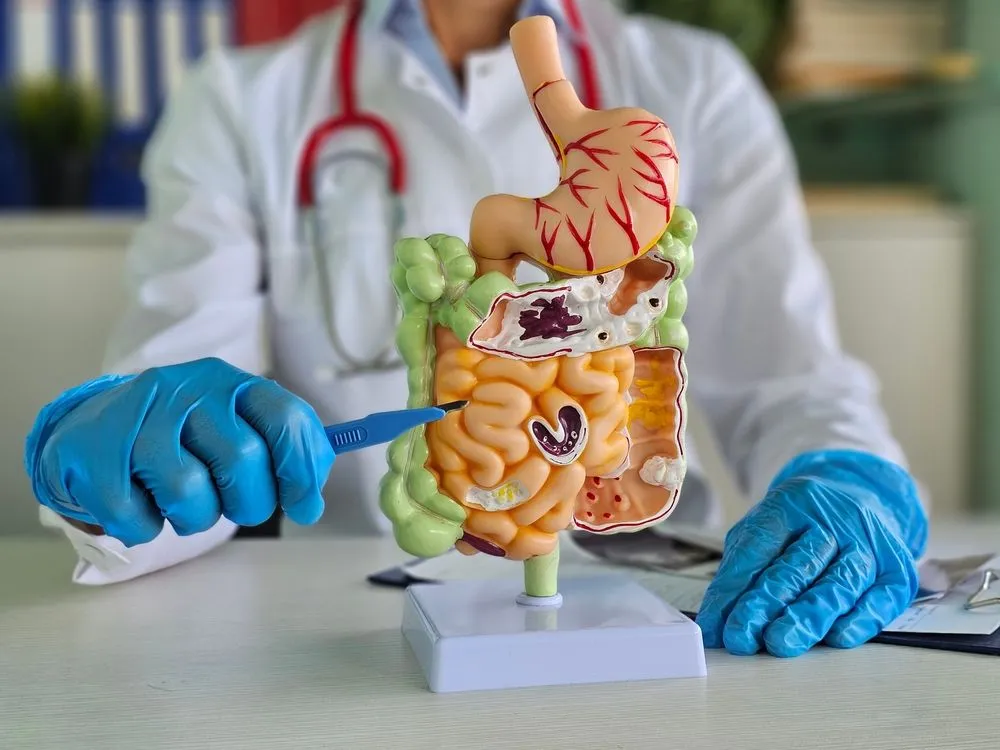Early recognition of gastrointestinal symptoms can significantly improve outcomes and enhance quality of life. Gastroenterological care focuses on diagnosing and treating disorders of the gastrointestinal (GI) tract. It encompasses issues that range from mild discomfort to potentially severe conditions. Identifying when to seek medical attention is fundamental to addressing symptoms effectively and preventing complications. Here are symptoms that indicate the need for gastroenterological care.
Persistent Heartburn
Experiencing heartburn occasionally is common, but persistent heartburn may indicate a more serious condition, such as gastroesophageal reflux disease (GERD). GERD occurs when stomach acid frequently flows back into the esophagus, leading to irritation or damage. Consulting a specialist for gastroenterological care is key if you notice consistent discomfort or a burning sensation in your chest after eating. They can provide a thorough evaluation and recommend appropriate treatment options to alleviate your symptoms.
Difficulty Swallowing
If you have difficulty swallowing food or liquids, it is key to seek gastroenterological care. This symptom may indicate an underlying issue with your esophagus, such as an obstruction or narrowing. It could also be a sign of a more serious condition, such as esophageal cancer. A gastroenterologist can perform diagnostic tests and determine the cause. Early detection and treatment are key for improving outcomes in these cases.
Persistent Abdominal Pain
While occasional abdominal pain is usually harmless, persistent or severe pain could signal a deeper issue. Conditions such as a hiatal hernia, where part of the stomach pushes through the diaphragm, may contribute to ongoing discomfort. If the pain is unexplained or disrupts your daily activities, seeking professional evaluation can pinpoint the underlying cause and offer relief.
Persistent abdominal pain may also indicate gastrointestinal disorders, such as irritable bowel syndrome (IBS) or Crohn’s disease, which require specialized medical care. Diagnostic imaging, laboratory tests, and endoscopic procedures are often employed to identify the root cause of persistent abdominal pain. Early intervention not only assists in alleviating symptoms but also prevents potential complications associated with undiagnosed conditions.
Rectal Bleeding
Rectal bleeding is a concerning symptom that can range from mild to severe and may indicate underlying conditions such as hemorrhoids, anal fissures, inflammatory bowel disease, or colorectal cancer. The presence of blood in the stool, whether bright red or dark and tarry, necessitates prompt medical evaluation to determine the source and severity of the issue. Gastroenterological care is key in accurately diagnosing the cause of rectal bleeding through procedures such as colonoscopy.
Changes in Bowel Habits
Persisting changes in bowel habits may warrant further investigation. These symptoms can be indicative of functional bowel disorders like irritable bowel syndrome (IBS) or more serious conditions, including inflammatory bowel disease (IBD) or colorectal cancer. Accompanying symptoms, such as abdominal pain, unintentional weight loss, or the presence of mucus in the stool, can provide deeper clinical insights. Monitoring these changes closely and consulting a healthcare provider for appropriate diagnostic testing and management is key.
Unexplained Weight Loss
Unexplained weight loss, when it occurs without changes in diet or physical activity, is concerning. It may indicate malabsorption of nutrients, a common feature of conditions such as celiac disease or Crohn’s disease. It could also signal more serious issues like gastrointestinal cancers. This symptom often warrants a detailed evaluation by a gastroenterologist to identify the underlying cause.
Learn More About Gastroenterological Care
Gastroenterological care makes sure that digestive health concerns are thoroughly evaluated and managed. Specialists can provide tailored treatment plans and maintain your overall health by addressing symptoms such as persistent heartburn or difficulty swallowing. If you are experiencing any of the symptoms discussed, book an appointment with a gastroenterologist today to safeguard your well-being.





Leave a Reply